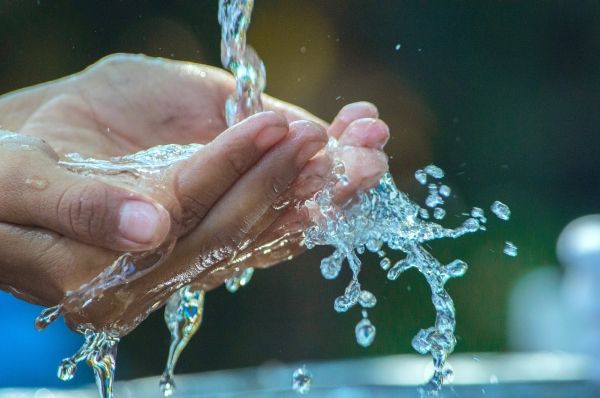The entire ecosystem of the planet, including humans, depends on clean water. When carbonate rock weathers, karst areas are formed, from which around a quarter of the world's population obtains its drinking water. Scientists have been studying how quickly pollutants can reach groundwater supplies in karst areas and how this could affect the quality of drinking water. An international team led by Junior Professor Dr. Andreas Hartmann of the Chair of Hydrological Modeling and Water Resources at the University of Freiburg compared the time it takes water to seep down from the surface to the subsurface with the time it takes for pollutants to decompose in carbonate rock regions in Europe, North Africa and the Middle East. The researchers published their results in the scientific journal Proceedings of the National Academy of Sciences (PNAS).
Previous continental or global hydrologic model applications have focused mainly on the occurrence of floods or droughts and the general availability of drinking water. However, scientists have predominantly neglected water quality as an important factor for the potability of water on these large scales, in particular how quickly pollutants can seep from the earth's surface into the groundwater through cracks or fissures.
Read more at University of Freiburg
Photo Credit: drfuenteshernandez via Pixabay


